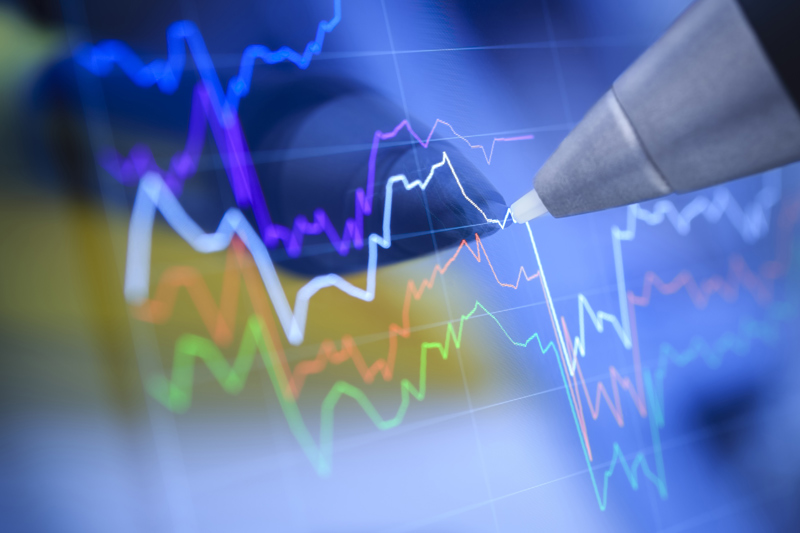China smartphone shipments slumped in June on inventory overhang: Jefferies
* Graphic: World FX rates in 2019 http://tmsnrt.rs/2egbfVh
* Sweden ends five years of negative interest rates
* Pound recovers after 3% battering
* Stocks groggy after week's record high
By Joice Alves
LONDON, Dec 19 (Reuters) - World stocks drifted down from
the week's record highs on Thursday, while the crown gained as
Sweden's central bank became the first to raise interest rates
from negative territory.
European equities were little changed in early trading.
Britain's pound recovered from the 3% loss it suffered as fear
of a no-deal Brexit returned.
The pan-region STOXX 600 STXEc1 bobbed in and out of the
red. Britain's blue-chip index .FTSE managed a 0.15% rise
before a Bank of England meeting.
Wall Street futures ESc1 suggested the S&P 500 would
barely budge, after rising to a fifth consecutive record high on
Wednesday. .N Earlier, Asian shares had pulled back from a
one-and-a-half year peak as trading wound down before the end of
the year.
Japan's Nikkei .N225 fell 0.3% and China's stocks slipped
.CSI300 for the second session despite trade optimism.
Australian shares .AXJO ended 0.3% lower, led lower by mining
stocks.
Investors were also watching proceedings in Washington,
where the Democratic-led U.S. House of Representatives voted to
impeach U.S. President Donald Trump for abuse of power and
obstruction of Congress.
Market reaction was limited, since the Republican-controlled
Senate is widely expected not to convict Trump and removed him
from office. In Sweden, the central bank raised its key rate to zero
after five years in negative territory. Economists wondered
whether Sweden's hot-running economy would react badly and
whether other sub-zero rate central banks in the euro zone,
Japan, Denmark, Switzerland and Hungary would follow suit.
The crown rose 0.2%, a gain that had been widely flagged.
"At the end of the day, this market doesn't look at macro
and earnings, it just looks at monetary developments," said
Stéphane Barbier de la Serre, macro strategist at Makor Capital
Markets. "If the market thinks central banks (globally) are done
with being dovish then we would see some volatility."
The British pound gained after suffering heavy losses on
concern Britain could still crash out of the European Union
without a trade deal in place when a transition period ends in
December 2020.
Traders were also waiting for the Bank of England's last
policy meeting of the year. No change in policy is expected, but
more policy-makers might signal they could vote for an interest
rate cut next year.
Sterling GBP=D3 rose 0.2% to $1.3105 after falling more
than 3%. It had reached an 18-month high on Dec. 13 after UK
Prime Minister Boris Johnson's Conservative Party won a majority
in a general election.
Against the euro, it stood at 84.94 pence EURGBP=D3 , close
to its weakest since Dec. 4. /FRX British inflation remained
at a three-year low in November, data had showed on Wednesday.
STAY EASY
Germany's benchmark 10-year bond yield crept towards the
six-month highs it touched last week, with bond traders focussed
on the day's central bank meetings.
After Sweden's move, Norway kept its rates at 1.5% and
reiterated it was likely to stay there for some time.
The Australian dollar jumped by 0.36% to $0.6879 after
better-than-expected labour-market data made interest rate cuts
less likely.
The yen JPY=EBS barely moved from 109.58 per dollar after
the Bank of Japan kept its quantitative easing in place and
issued a gloomier assessment on factory output.
In commodities, Brent crude LCOc1 dipped 0.1% to $66.10
per barrel. U.S. crude CLc1 also dipped 0.01% to $60.86 a
barrel after U.S. government data showed a decline in crude
inventories. EIA/S
Prices are likely to be supported by production cuts coming
from the Organization of the Petroleum Exporting Countries and
its allies, including Russia.
